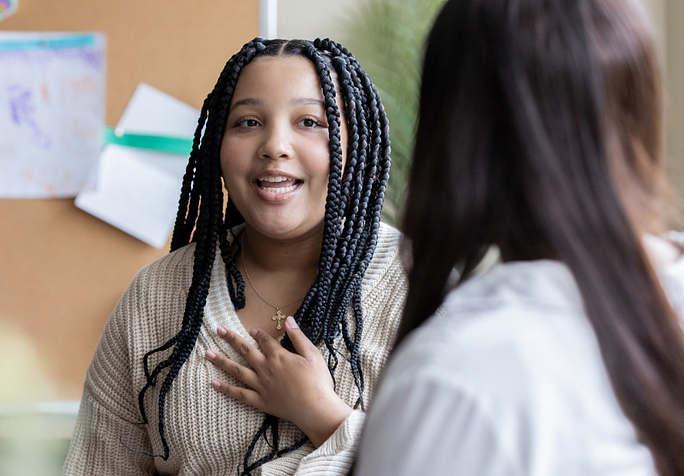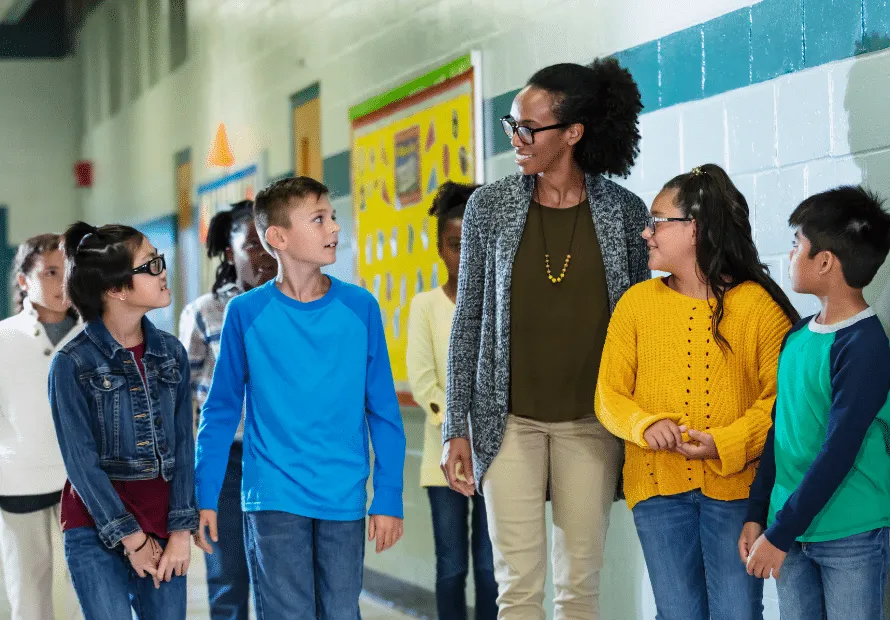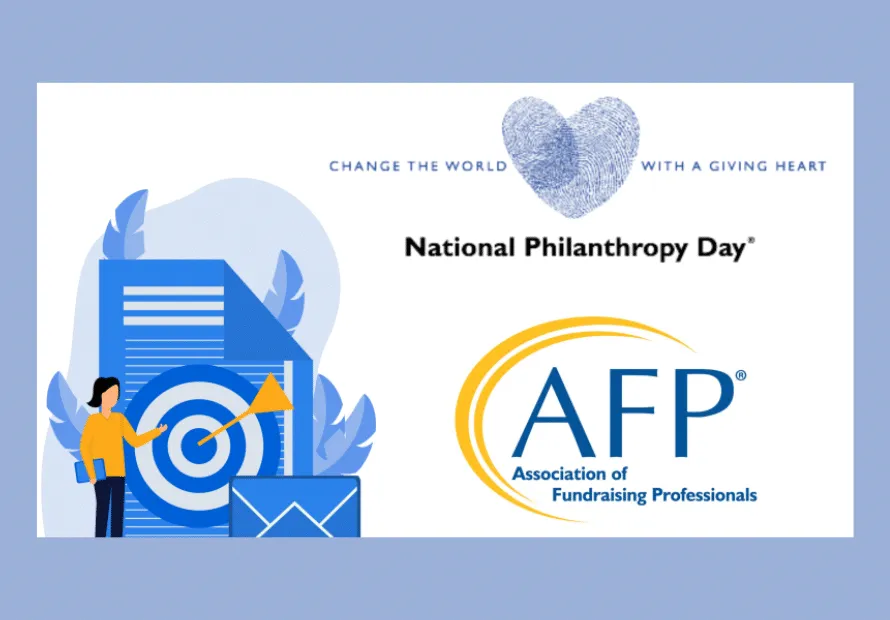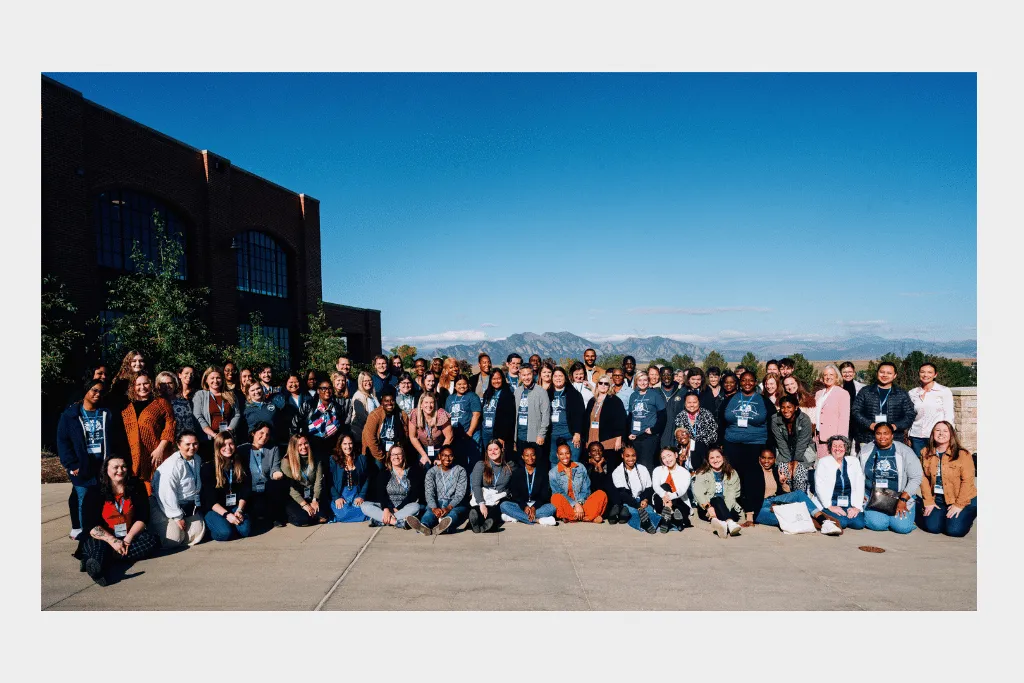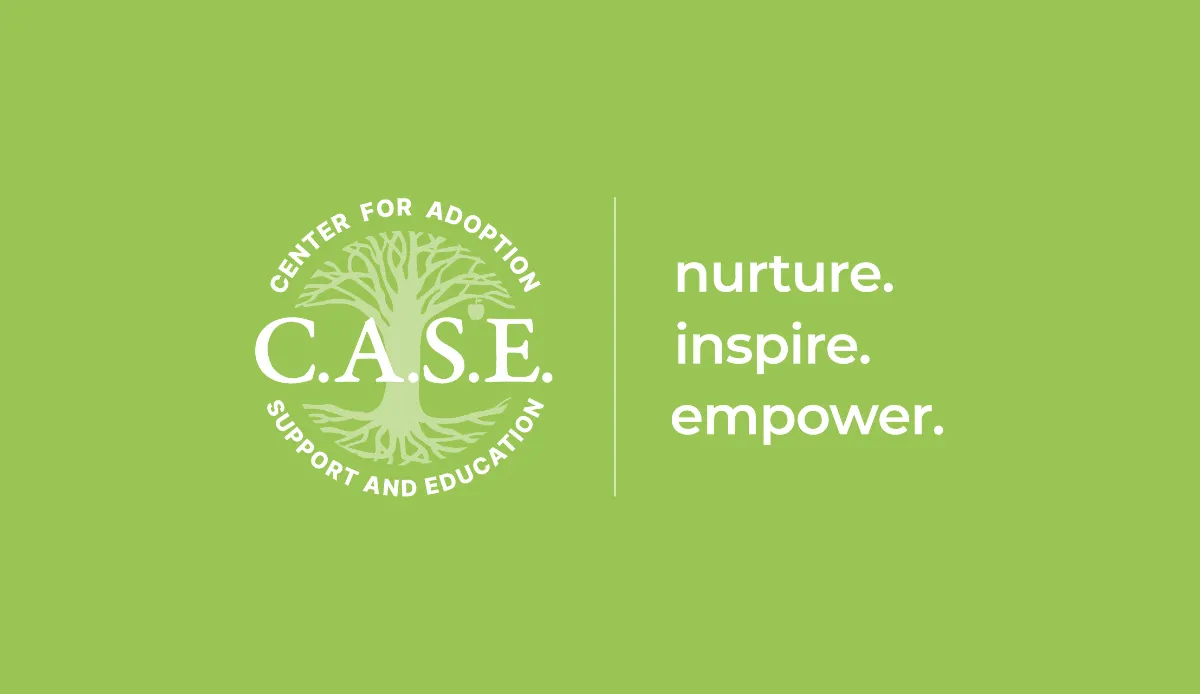Oh, the month of May
Oh, the month of May
For me, the month of May has always been bittersweet. When I was a kid, May was arguably my favorite month of the year. It wasn’t because it was my birthday or even that school was out for the summer (though the first week of June was a pretty good time). No, even more amazing than that, May always brought with it the carnival. My elementary school held an annual carnival complete with rides, games, food, and entertainment. My siblings and I were permitted to run around for four straight days with our friends, by ourselves, doing whatever we wanted as long as we didn’t leave the school grounds. The sense of freedom and endless fun was something that I looked forward to all year. Now as an adult, while May doesn’t bring a carnival, it does bring something that, for the most part I look forward to: Foster Care Awareness Month.
I say for the most part there have been times when I didn’t find much to celebrate. Take May 2020 for example. During the height of the COVID-19 pandemic when everyone was isolating, Foster Care Awareness Month brought with it feelings of overwhelming loneliness. Many of us who come from foster care, whether we are adopted or not, already struggle with feeling connected, and 2020 only exacerbated that. In May of 2024, life was hectic. I was finishing my Masters’ Program, and I didn’t have the time to truly celebrate and connect with my fellow fosters to stand in our collective power and the recognition May brings.
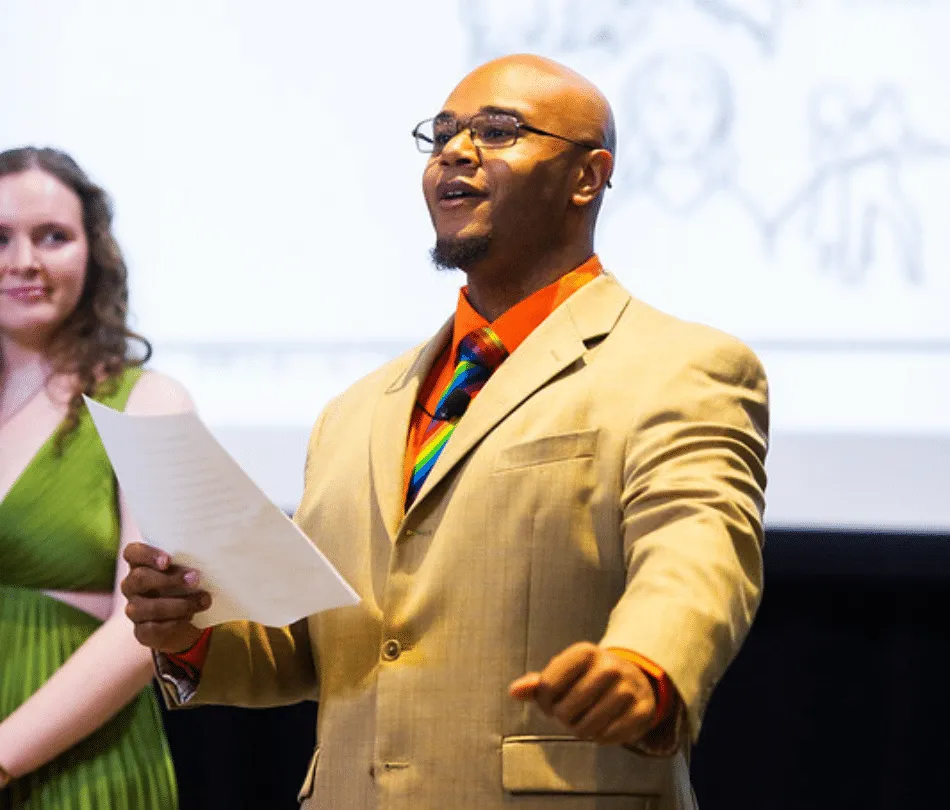
This year feels like a bit of a mixed bag. It’s the first year that I’m not working in child welfare every day, so while I know there are many celebrations going on, I don’t feel connected to them. I wonder if this is just a function of growing up. At 31 years old, I’m a different person than I was in grade school, running around the carnival. I’m leaning into and exploring other identities to figure out which ones feel the most like “me.”
While I am always proud to say I am a former foster youth, I don’t lead with that anymore. I appreciate all I’ve accomplished since my time in care, but I’ve learned that there’s more to me that takes precedence. That is the thing about being from child welfare; the importance of our lived identity can change. At least, this is true for me. A year ago, “former foster youth” was high on my list of ways I’d describe myself. Now, when asked to describe myself, the first words that come to mind are empathetic, leader, change-maker. While these words come before “former foster youth” in the makeup of my identity, they are not mutually exclusive. I am all of these things and more, even on the days I don’t feel like I am.
Also, as I grow older, I realize that I don’t have to wait until May to celebrate or raise awareness around foster care. As cliche as it sounds, I really do celebrate the small wins and appreciate the details in life. While I am glad that May shines a light on foster youth, my hope is to see the light stay on after Foster Care Awareness Month ends. We exist in just about every space, from the classroom to the courthouse, to your local nonprofits, and your government. The perspective, expertise, and diversity we bring to the table should be acknowledged all year long.
So many people I know who have spent time in care are doing amazing things in child welfare reform and in pursuit of their own personal goals. I know many people set to graduate this year and become part of the 1% of foster youth that attain advanced degrees.
Others are starting movements to harness the collective power of foster youth and put it toward policy change. And some are simply living lives they’re proud of and healing a little bit each day. Regardless of what we’re doing, it is worth celebrating. May is Foster Care Awareness Month, so let’s acknowledge and celebrate these individuals not just month, but every day.
